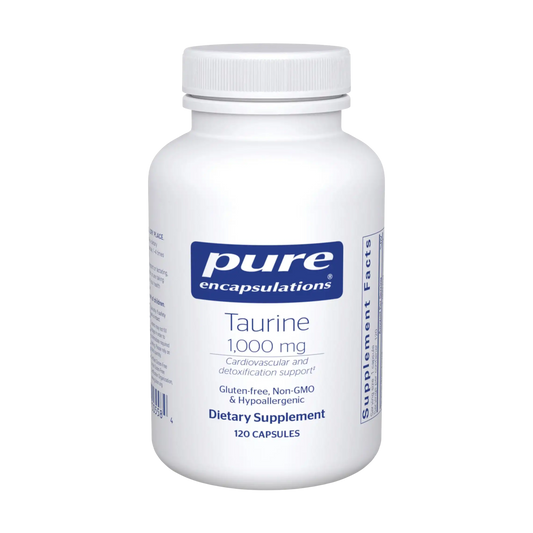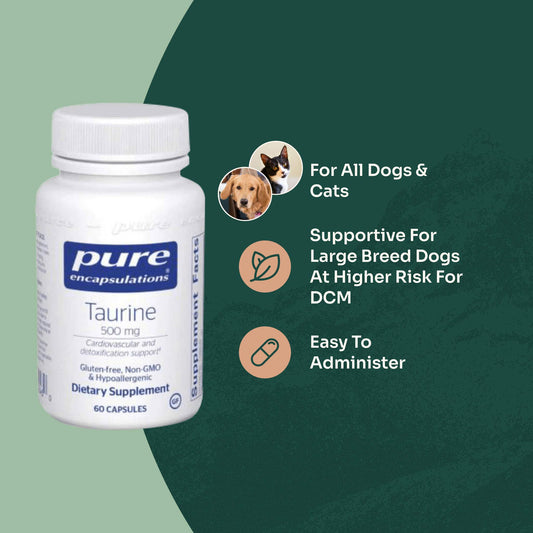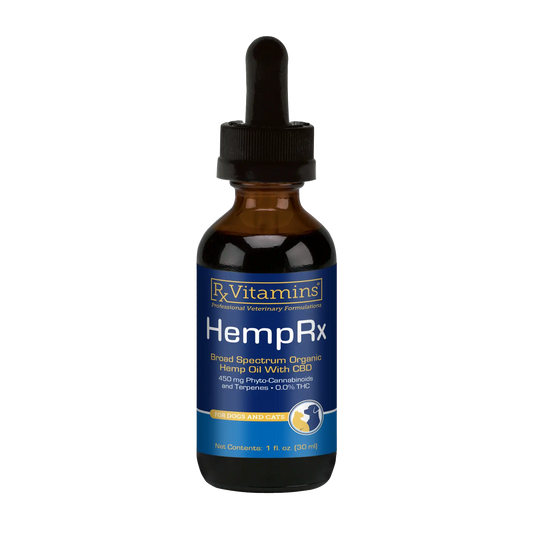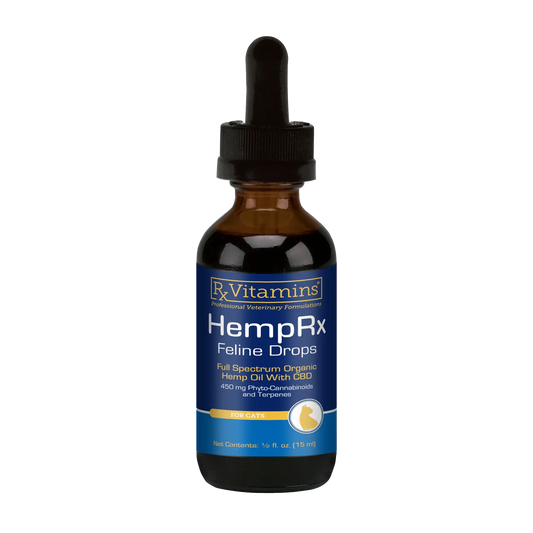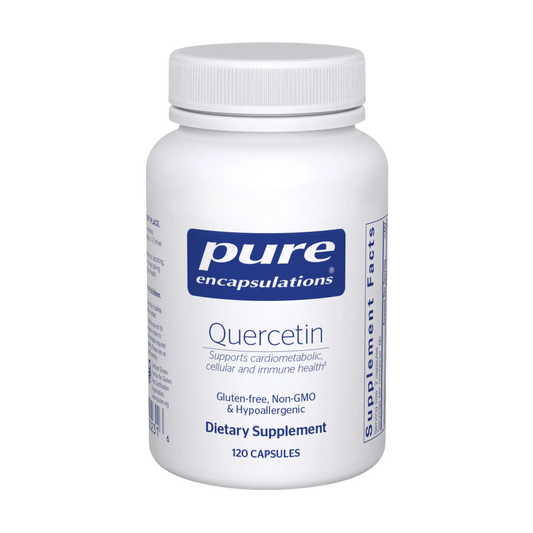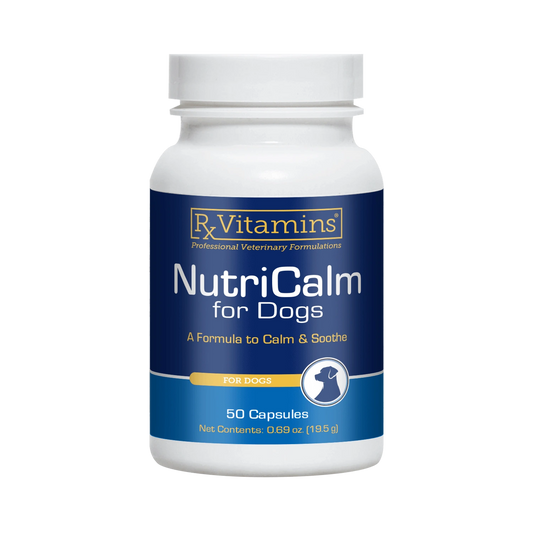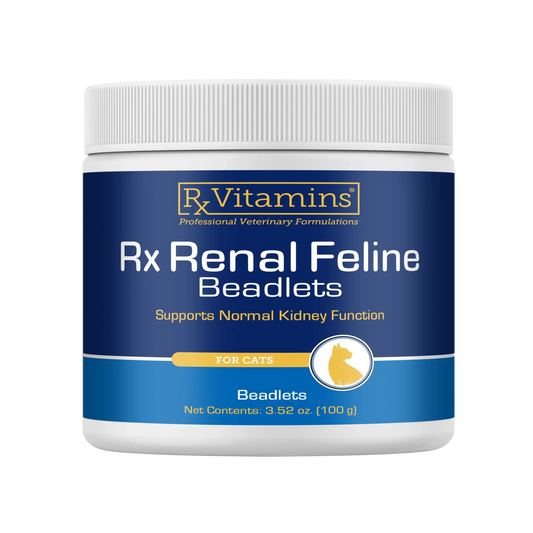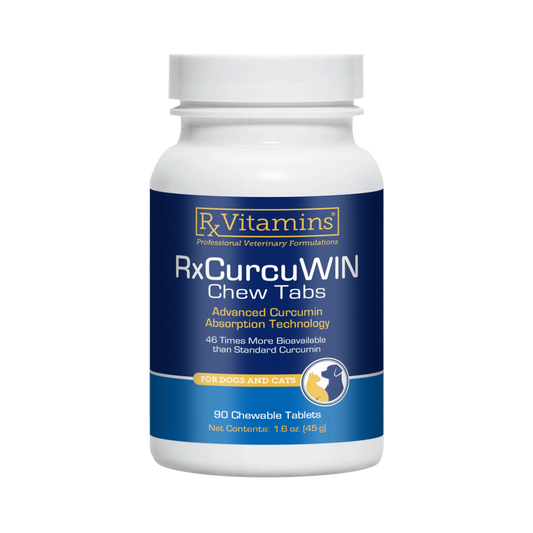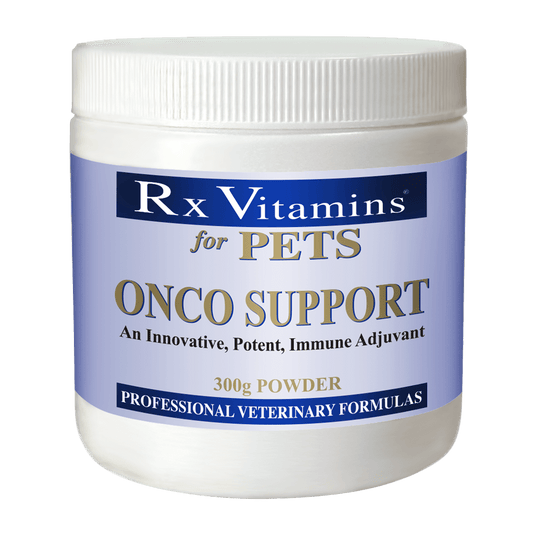In July 2018 the FDA issued a warning to dog parents about the potential correlation between grain free diets and the heart condition, Dilated Cardiomyopathy (DCM). On June 27th of 2019 the FDA released more information about recently reported cases including breeds of dogs and brands of food. This has left many pet parents scared and more confused about their pet's diet than ever before. In this article, I am going to outline what we know, what we don’t know and my recommendations on next steps.
DCM is a heart condition that can be caused by nutritional deficiencies (taurine, carnitine), genetics and other factors. The heart walls enlarge and it becomes difficult for the heart to efficiently pump blood. Many dogs do not have symptoms until their heart fails. These symptoms include lethargy, coughing, fainting and difficulty breathing. DCM can also cause arrythmias that may be fatal.
The following breeds are thought to have a genetic predisposition:
- Portuguese Water Dog
- Irish Wolfhound
- Great Dane
- Newfoundland
- Standard/Giant Schnauzer
- Doberman Pinscher
- Golden Retriever (new)
Last year veterinary cardiologists noticed that breeds that are not genetically predisposed to DCM were being diagnosed with regularity. They also noticed that many of these dogs were eating a grain free diet. This caused the FDA to release a warning.
So what do we actually know?
Unfortunately, not a lot. Right now there is a level of suspicion that legumes (peas, lentils, beans, etc) may be contributing to the development of DCM. The exact mechanism is unknown and it is currently being investigated. Legumes are present in higher quantities in grain free food and provide a carbohydrate source to help create a crunchy kibble.
Taurine
Taurine is an amino acid that is made in your dog’s liver from two other amino acids, methionine and cysteine. Both methionine and cysteine are found in foods that are balanced by AAFCO standards. Taurine is concentrated in the cells of the heart and can cause DCM when levels are too low. Dogs that develop DCM from low taurine may be able to reverse the changes in their heart with taurine supplementation and a change in diet.
Theories
While we don’t know much here are a few theories:
- Legumes may interfere with the uptake of some amino acids that are precursors to taurine.
- Dogs may not be as good at making taurine as previously thought.
- Some dogs may be better than others at making taurine.
- There may be other nutrient deficiencies such as carnitine that are key players in the development of DCM.
- The current minimum of amino acids (cysteine & methionine) required by AAFCO to be added to foods may not be appropriate if legumes are present in high proportions.
- Some pet food companies may not be formulating and balancing diets appropriately.
My recommendations
This is certainly a scary issue for many dog parents. It’s important to keep in mind that the prevalence of DCM continues to be quite low. However, DCM can be life threatening. The recent release of information included several brands that have had reported cases of DCM while dogs were eating their formulations.
These foods have been tested and have been found to have adequate levels of methionine and cysteine according to AAFCO minimums. Because we don’t yet know the nature of a connection between grain free foods and DCM, it’s unclear if these particular formulations are flawed. It’s also possible that these brands are more popular and widely distributed. Most of these brands are sold in specialty pet food stores and may cater to a demographic that would have better access to expensive diagnostics such as cardiac ultrasounds.
While avoiding these brands is understandable, other brands may not be less problematic. While I have no affiliation with any of the listed brands, it’s important to understand that millions of dogs are eating these formulas and not developing DCM. My point is, it’s not that simple.
Here are possible next steps:
- Do nothing and continue to feed the diet that has been working for your dog. The evidence to implicate any one reason for the development of DCM is currently lacking.
- Choose a diet that does not have legumes in the first five ingredients. Many natural pet food companies are adding formulas with ancient grains. In my experience, many dogs thrive on grains. I prefer to avoid wheat, corn and soy. If your dog is sensitive to grains, there are many raw formulations that are grain free and legume free.
- Rotate the brands and formulations of food. Rotate after every bag or every quarter and consider using a different brand with a different protein source. If your dog is sensitive, make the switch slowly over two weeks.
- Supplement your dog’s diet with taurine. Many of the pet food companies are doing this now just to be safe. There is no harm in adding taurine to your dog’s diet. The only side effect I have seen from taurine supplementation is loose stool. This can usually be resolved by adjusting the dose.
- Consult with a veterinary cardiologist and have your dog’s heart evaluated with a cardiac ultrasound. This is the only way to diagnose DCM definitively. It is also possible to test your dog’s taurine levels. Keep in mind that some dogs with normal blood taurine levels can have DCM.
- Prepare a homemade diet. With all the controversy about the best food coupled with the constant recalls, you can control your pup’s diet by making it yourself. Check out my blog on home cooking for your dog here.
I would love to hear from you! Please leave a comment below!
With love,
Dr. Angie

